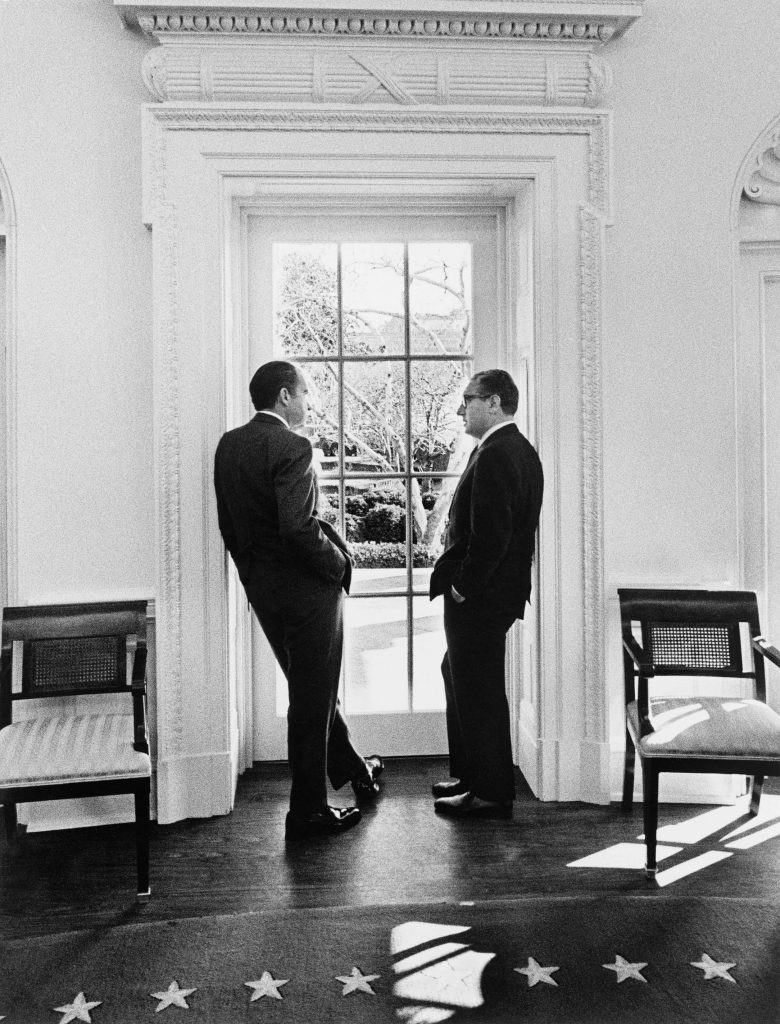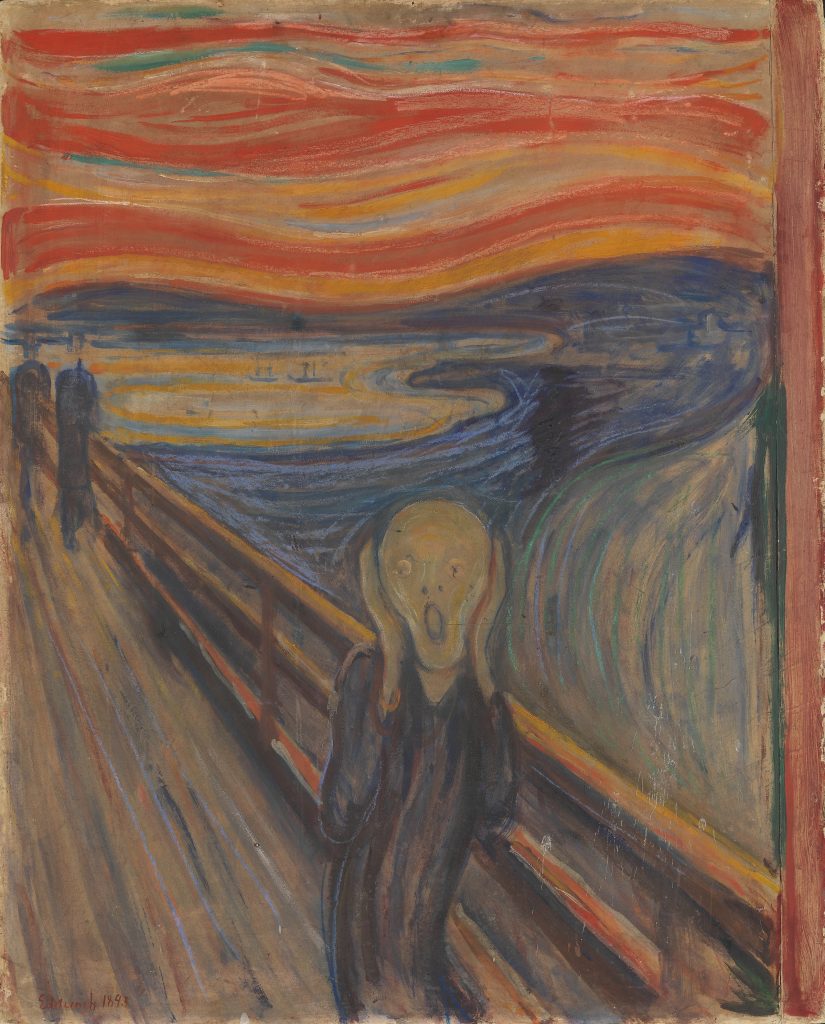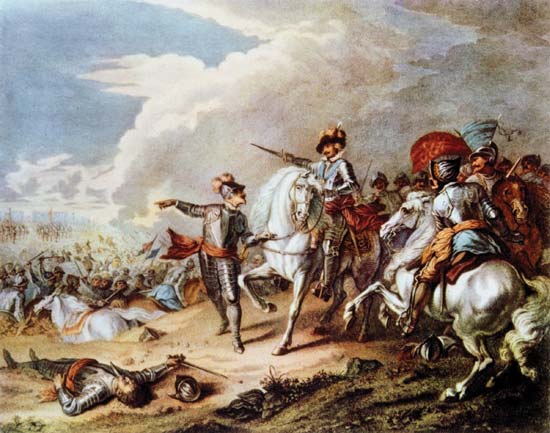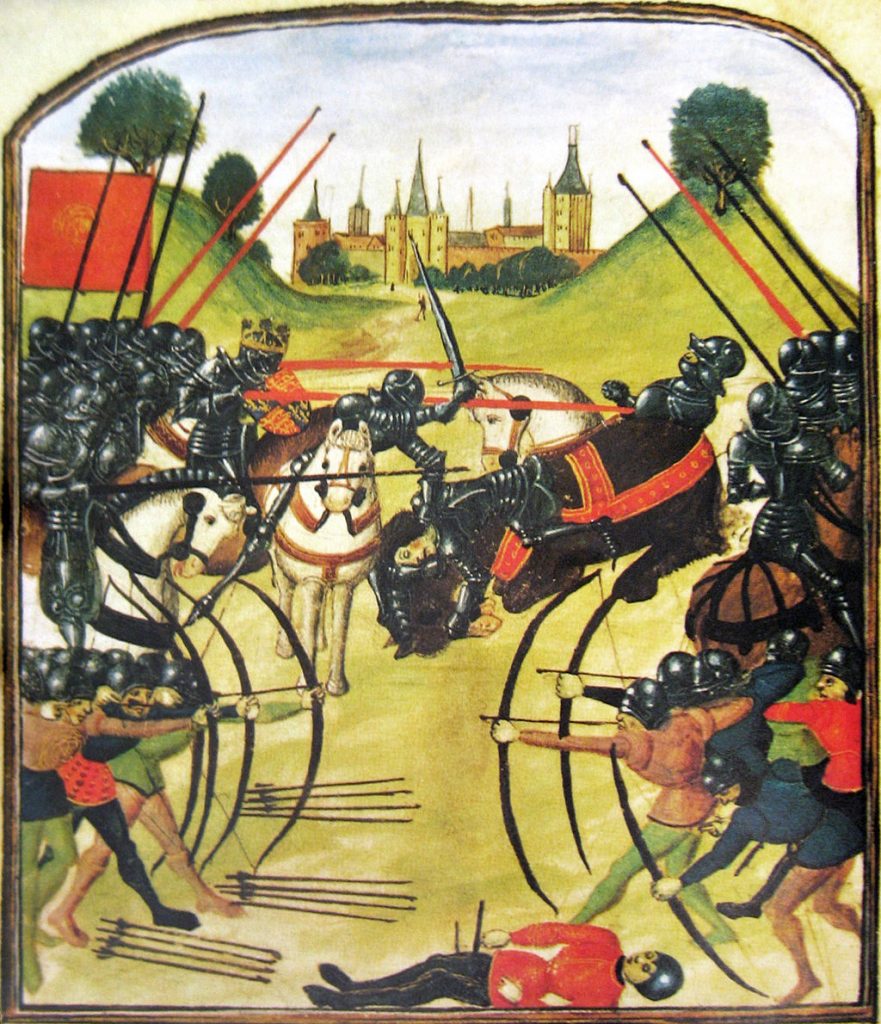A closer look at key historic events that took place on August 22:
In 2004, The Scream (1893) Painting Is Stolen
Edvard Munch’s iconic painting The Scream was stolen from the Munch Museum in Oslo, Norway on August 22. Armed thieves took the painting along with Madonna in broad daylight. Both artworks were later recovered in 2006, and several people were arrested in connection with the theft.
In 1978, Rebel Sandinistas Occupy the National Palace in Managua, Nicaragua
Sandinista rebels stormed and took control of the National Palace holding 1,000 hostages, including government officials. This bold move significantly boosted the Sandinistas’ revolutionary cause, contributing to the eventual overthrow of President Anastasio Somoza’s regime in 1979.
In 1973, Henry Kissinger Becomes US Secretary of State
Henry Kissinger was appointed the U.S. Secretary of State by President Richard Nixon on August 22. He played a crucial role in shaping U.S. foreign policy during the Cold War, notably in negotiations to end the Vietnam War and in opening diplomatic relations with China.

U.S. President Richard Nixon and National Security Advisor Henry Kissinger stand at an Oval Office window in Washington, U.S. February 10, 1971. Richard Nixon Presidential Library/Handout via REUTERS
In 1865, the First Patent Is Received in the US for Liquid Soap
William Sheppard received the first U.S. patent for liquid soap. His invention allowed for soap to be dissolved in water and used in liquid form, paving the way for modern liquid soaps that have become a household essential.
In 1642, the English Civil Wars Begin
The English Civil Wars began on August 22, 1642, when King Charles I raised his royal standard in Nottingham, signaling the start of armed conflict between Royalist supporters of the king and Parliamentarians. The war led to the eventual defeat of the king and the temporary abolition of the monarchy in England.
In 1485, the War of the Roses Ends
The Battle of Bosworth Field marked the end of the Wars of the Roses, a series of dynastic conflicts between the houses of Lancaster and York for the English throne. Henry Tudor (Lancaster) defeated King Richard III (York), becoming King Henry VII and founding the Tudor dynasty.







